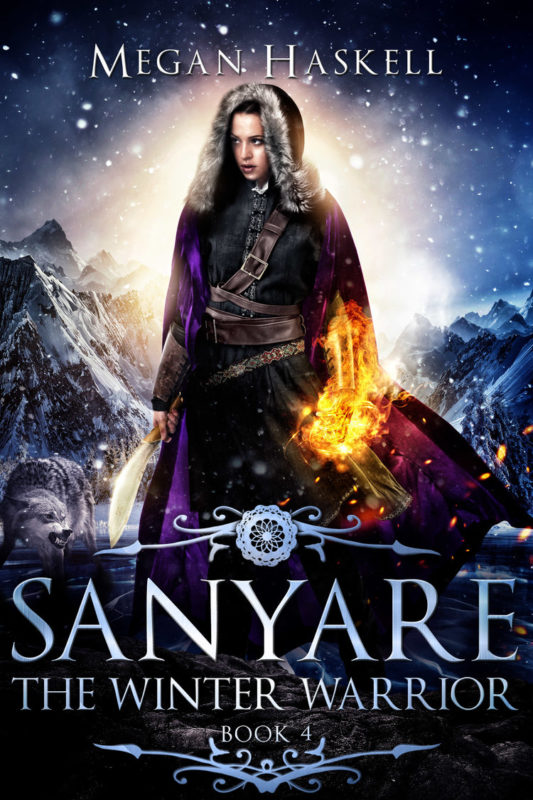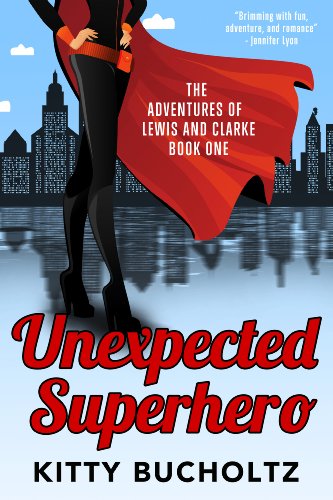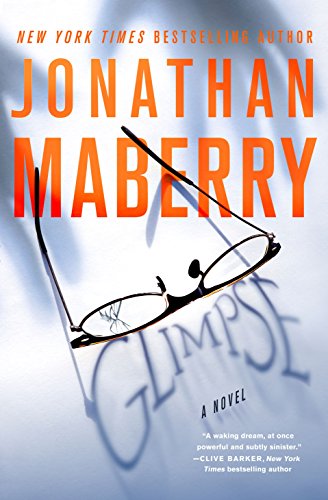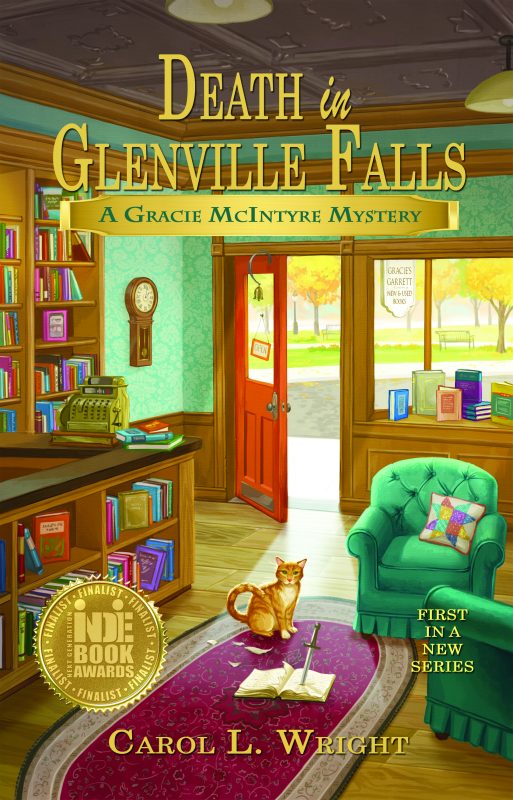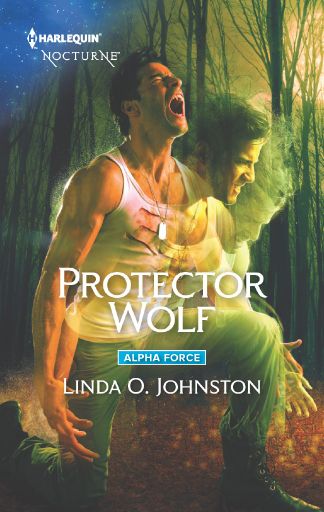Ignorance IS bliss
September 28, 2008 by A Slice of Orange in category ArchivesBy Laura Drake
Many writers I know began writing at an early age. They’ll tell you about a story they wrote about their dog in the third grade. I’m not one of them. I came into writing “butt firstâ€(as I’ve found I do a lot of things in life.) I’ve always been an avid reader, but have only begun writing in the last few years. It’s given me a different perspective on the whole experience.
When I started writing my first novel (no short story practice for me, I jumped into the deep end – something else I’m known for) I’d never read a book on craft – plot, characterization, POV, or any of the millions of details you need to know. Funny though – because I’ve read so much, I knew a lot of this inherently, but didn’t know that I knew it. I was following rules that I wasn’t even aware of, because I know what works in a good story, and what doesn’t.
My method has been a negative in several ways:
Trust me – the “blind squirrel finds an acorn†is not the fastest way to write a novel. I started on page one with only a vague idea of where I was headed with the plot. Working my way through was like being in a pipe clogged with mud…I’d move forward a bit, then have to wait for everything to settle before I could move again.
And don’t even get me started on editing! Luckily I’m a good speller, but I could only edit with the rules I knew; I kept discovering new ones as I went along, and would have to start over – like fifteen times! Can you imagine, not knowing rules for POV? What “telling†is? Passive voice? Looking back, I laugh (as I’m sure I’ll laugh at my current writing in a few years.)
But this perspective has also been good in several ways:
I was too ignorant to be afraid.
I also didn’t know how long the road I’d started on was going to be.
Or how much editing lie ahead.
How many rejections
Since I didn’t know how to go about writing a novel, I had no expectations…of my writing or myself.
I guess ignorance can be bliss, because I have never felt so fulfilled or proud as when I typed the last word.
A Fantasy Life
September 28, 2008 by A Slice of Orange in category A Fantasy Life by Janet Cornelow tagged as Janet Cornelow, Janet Quinnby Janet Quinn Cornelow
Yesterday I went to plot group and we were discussing where ideas for stories come from. I mentioned that Rayna in “Revenge of the Lady’s Guard†had been sitting on that porch with the old lady for four or five years waiting for me to write her story. I always thought it was a western historical. I knew she wasn’t a contemporary character. Then Whiskey Creek Press started their Whiskey Shots short stories. Rayna was yelling from the porch, “That’s me. That’s me.†And it was her. She was a warrior taking care of an aging Ancient One ready to die.
Today and Tomorrow
September 25, 2008 by Marianne H. Donley in category Archives tagged as Musings At Midnightby Lori Pyne
Today started with emails by the hundreds. Most demanded action, attention and accuracy.
Incessant ringing phones constantly interrupted. Any call a potential crisis. Humor defused one client. Results delighted another.
Brain clipped along faster, smoother. Adrenaline hit the bloodstream. No second could be wasted. New work piled atop unfinished projects.
Weekend’s relaxation long forgotten.
Urgency filled the air. Tension stalked the halls. Perfection expected. Mistakes abhorred. Focus on priorities. Efficiency a must.
Stomach churned. Headache squeezed. Meds taken. Next task tackled.
End of day deadlines loomed. Urgent packages dispatched. Promised answers posted.
Much completed. Desk filled yet more work to finish tomorrow.
Race home to spend precious moments reviewing homework, supervising teeth brushing, and cuddling for a bedtime story or three.
After dinner with hubby, steal time from bill paying, house projects, and volunteer obligations to try to pry story from brain.
Once again, midnight has long past. Time for bed with the knowledge that tomorrow will be much the same.
How was your day? What do you think tomorrow will bring?
Do you have a teenager?
September 24, 2008 by Isabel Swift in category Archives tagged as handshake, Isabel Swift, TeenagerThis may be a tricky issue, as some children may view parental advice with suspicion, but I’ve just experienced a major hand-shaking event with various friend’s children & friends of theirs.
I wondered if anyone had explained to them what a handshake was supposed to be–not that all adults are free of the aforementioned problem, but this seemed excessive, perhaps indicating cluelessness.
I don’t want to go all Dale Carnegie on you, but he has a point. A handshake is a big first impression, and surely it’s not too hard to offer a firm grip, a brief squeeze and release. You can even throw in eye contact for extra credit.
Maybe it’s an issue of a child/young adult not feeling confident, but I don’t care–act it, at least. Surprisingly, confidence will come and people will give you the benefit of the doubt for starters.
Reach out and touch someone…properly.
Unsolicited advice from Isabel Swift
Advice to Myself as a Newbie Author
September 22, 2008 by A Slice of Orange in category Archives tagged as Advice to Myself as a Newbie Author, Lynna Banningby Shauna Roberts
http://ShaunaRoberts.blogspot.com
Today’s Guest: Lynna Banning
Lynna Banning is the author of thirteen historical romance novels and a former RITA nominee. Her newest book, a September release from Harlequin Historical, is Templar Knight, Forbidden Bride.
Lynna, if you could travel back in time to before you were first published, what advice would you give yourself?
 1. Read lots in my genre (historical romance). It’s helpful to see what other houses are publishing and how other writers handle problems of point of view, pacing, types of villain, etc. Keep up with changes in the overall market and your particular genre.
1. Read lots in my genre (historical romance). It’s helpful to see what other houses are publishing and how other writers handle problems of point of view, pacing, types of villain, etc. Keep up with changes in the overall market and your particular genre.
2. Read more outside my chosen genre—nonfiction, literary fiction, trade and mass market popular fiction, and especially how-to books. Start with the “easy” ones: James Frey, How To Write a Damn Good Novel; Jack Bickham, Scene and Sequel; Syd Field, The Screen-Writer’s Workbook (good for plotting); and Ann Hood, Creating Character Emotions. Then move on beyond “the basics”: Linda Seger, Making a Good Script Great; Donald Maass, Writing the Breakout Novel and the Writing the Breakout Novel Workbook.
And keep reviewing these helpful books as you write!
3. Try to join the most advanced critique group you can find, preferably with published authors. You will suffer, but you will learn. However, protect yourself from critique groups that feel overtly or subtly “toxic.” Sometimes this is hard to recognize, but if you generally feel worse after the session (and not fired up and encouraged), give some hard thought to Why.
4. Do go to workshops, writing groups, and writing classes. Just keep your good sense about you, and your ego and your sense of “self” on an even keel. If your ego is very tender, protect yourself first and learn writing stuff later. Also consider getting some psychological counseling to help you retain perspective.
5. Brush up on the basics of grammar and punctuation. I highly recommend two reference books: (1) my old high school grammar text, Warriner’s English Grammar and Composition and (2) Jan Venolia’s Write Right. Both are easy to look up stuff in.

6. Learn to distinguish a “good” rejection letter from a “real rejection” letter. If the letter goes into any depth at all, they might consider a rewrite addressing those issues. Any letter that has even one line addressed specifically to you or your manuscript is a “good” rejection letter.
7. Learn not to see a manuscript’s rejection as anything but rejection of the manuscript itself, not of you personally. This sounds so easy, but it’s hard to detach one’s “person” from one’s “work.†But do try. Squashed egos are not good for writers.
8. Try to write consistently, every day if you can manage it. Use even small blocks of time, such a lunch-hours at work, hours spent on airplanes, time in hotel rooms (it helps if you first hand-write, as I do, on yellow lined note pads, or use a laptop). Set a daily goal: Mine is four typewritten, double-spaced pages a day, about 1,000 words. (Caveat: If a child has the mumps or I have a migraine, I take that day off.)
✥✥✥✥✥
To learn more about Lynna, please visit her Website at http://www.LynnaBanning.com. Her newest book, Templar Knight, Forbidden Bride, is available in September at major bookstores and can be ordered online from Amazon.com, Barnes & Noble, and Borders.
Affiliate Links
A Slice of Orange is an affiliate with some of the booksellers listed on this website, including Barnes & Nobel, Books A Million, iBooks, Kobo, and Smashwords. This means A Slice of Orange may earn a small advertising fee from sales made through the links used on this website. There are reminders of these affiliate links on the pages for individual books.
Search A Slice of Orange
Find a Column
Archives
Featured Books
SANYARE: THE WINTER WARRIOR
Her choice won the war, but may have cost her everything…
More info →GLIMPSE
A chilling thriller that explores what happens when reality and nightmares converge, and how far one will go to protect the innocent when their own brain is a threat.
More info →DEATH IN GLENVILLE FALLS
For Gracie McIntyre opening a new-and-used book shop gives her more than she bargains for.
More info →Newsletter
Contributing Authors
Search A Slice of Orange
Find a Column
Archives
Authors in the Bookstore
- A. E. Decker
- A. J. Scudiere
- A.J. Sidransky
- Abby Collette
- Alanna Lucus
- Albert Marrin
- Alice Duncan
- Alina K. Field
- Alison Green Myers
- Andi Lawrencovna
- Andrew C Raiford
- Angela Pryce
- Aviva Vaughn
- Barbara Ankrum
- Bethlehem Writers Group, LLC
- Carol L. Wright
- Celeste Barclay
- Christina Alexandra
- Christopher D. Ochs
- Claire Davon
- Claire Naden
- Courtnee Turner Hoyle
- Courtney Annicchiarico
- D. Lieber
- Daniel V. Meier Jr.
- Debra Dixon
- Debra H. Goldstein
- Debra Holland
- Dee Ann Palmer
- Denise M. Colby
- Diane Benefiel
- Diane Sismour
- Dianna Sinovic
- DT Krippene
- E.B. Dawson
- Emilie Dallaire
- Emily Brightwell
- Emily PW Murphy
- Fae Rowen
- Faith L. Justice
- Frances Amati
- Geralyn Corcillo
- Glynnis Campbell
- Greg Jolley
- H. O. Charles
- Jaclyn Roché
- Jacqueline Diamond
- Janet Lynn and Will Zeilinger
- Jeff Baird
- Jenna Barwin
- Jenne Kern
- Jennifer D. Bokal
- Jennifer Lyon
- Jerome W. McFadden
- Jill Piscitello
- Jina Bacarr
- Jo A. Hiestand
- Jodi Bogert
- Jolina Petersheim
- Jonathan Maberry
- Joy Allyson
- Judy Duarte
- Justin Murphy
- Justine Davis
- Kat Martin
- Kidd Wadsworth
- Kitty Bucholtz
- Kristy Tate
- Larry Deibert
- Larry Hamilton
- Laura Drake
- Laurie Stevens
- Leslie Knowles
- Li-Ying Lundquist
- Linda Carroll-Bradd
- Linda Lappin
- Linda McLaughlin
- Linda O. Johnston
- Lisa Preston
- Lolo Paige
- Loran Holt
- Lyssa Kay Adams
- Madeline Ash
- Margarita Engle
- Marguerite Quantaine
- Marianne H. Donley
- Mary Castillo
- Maureen Klovers
- Megan Haskell
- Melanie Waterbury
- Melisa Rivero
- Melissa Chambers
- Melodie Winawer
- Meriam Wilhelm
- Mikel J. Wilson
- Mindy Neff
- Monica McCabe
- Nancy Brashear
- Neetu Malik
- Nikki Prince
- Once Upon Anthologies
- Paula Gail Benson
- Penny Reid
- Peter Barbour
- Priscilla Oliveras
- R. H. Kohno
- Rachel Hailey
- Ralph Hieb
- Ramcy Diek
- Ransom Stephens
- Rebecca Forster
- Renae Wrich
- Roxy Matthews
- Ryder Hunte Clancy
- Sally Paradysz
- Sheila Colón-Bagley
- Simone de Muñoz
- Sophie Barnes
- Susan Lynn Meyer
- Susan Squires
- T. D. Fox
- Tara C. Allred
- Tara Lain
- Tari Lynn Jewett
- Terri Osburn
- Tracy Reed
- Vera Jane Cook
- Vicki Crum
- Writing Something Romantic
Affiliate Links
A Slice of Orange is an affiliate with some of the booksellers listed on this website, including Barnes & Nobel, Books A Million, iBooks, Kobo, and Smashwords. This means A Slice of Orange may earn a small advertising fee from sales made through the links used on this website. There are reminders of these affiliate links on the pages for individual books.

